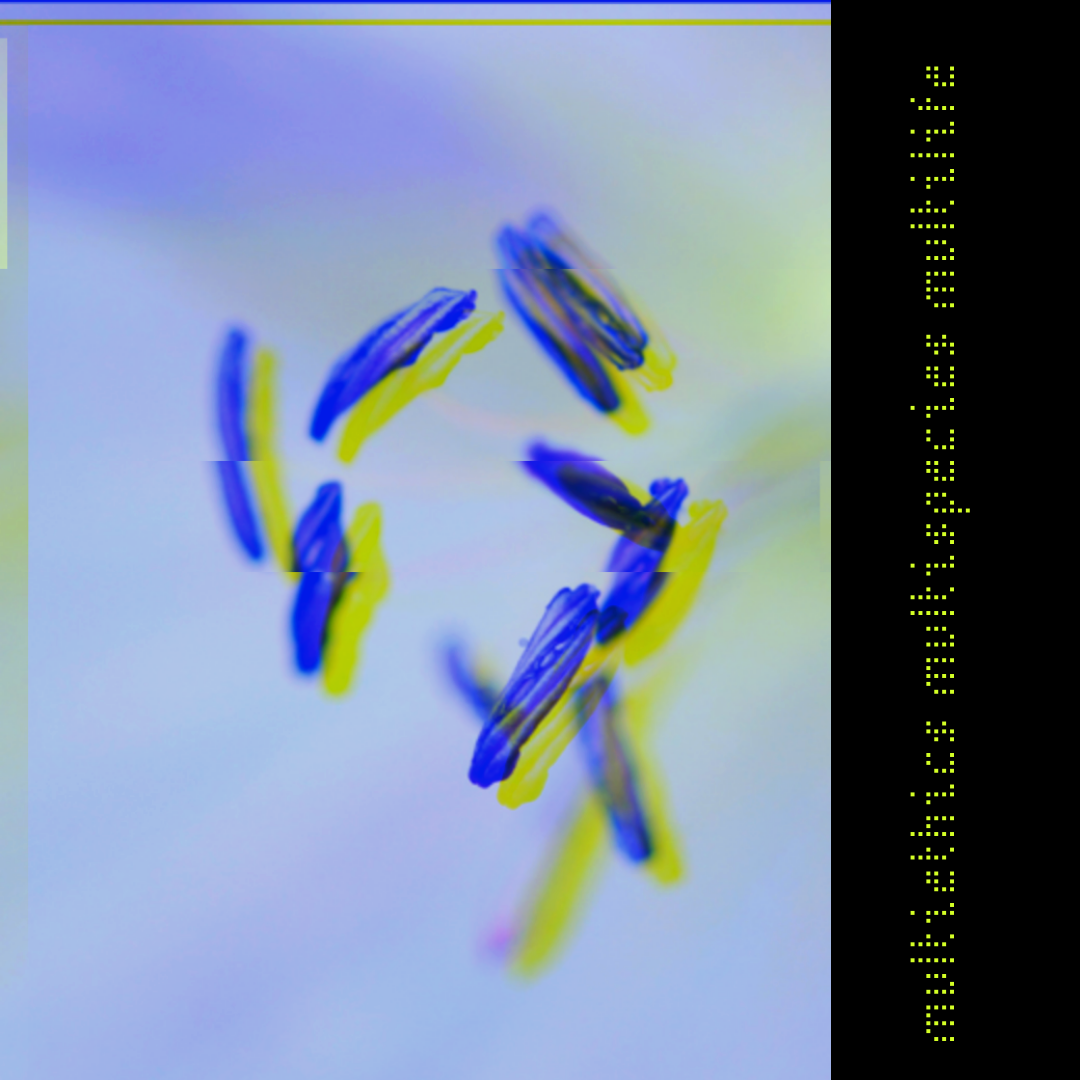
Robert Bensen
Artist Statement: Talking & Listening to Plants
I first entered the magic of the rainforest in books: Hudson’s Green Mansions, Rhys’s Wide Sargasso Sea, Asturias’s Men of Maize, Carpentier’s The Lost Steps, García Márquez’s One Hundred Years of Solitude, and Walcott’s Omeros. The exotic antithesis of civilization, the rain forest in literature promises danger and mystery, escape and romance, savagery and sustenance, and salvation. Columbus wrote that the Garden of Eden was there. Ralegh recorded his search in the labyrinthine forest for El Dorado, the lost kingdom of gold. One goes to the forest looking for something. “I want what it hides,” said Rochester in Wide Sargasso Sea.
Powerful as those representations or those projections of the human psyche are, the rain forest itself both invites and exceeds human definition. My visits to rain forests in St. Lucia, Haiti, and Venezuela’s Orinoco region have insisted on having their way in my writing.
In my poem "Rain Forest, St. Lucia," published in Plant-Human Quarterly, the forest at first appears chaotic, a hodge-podge of monumental, unimpeded growth—which is the actual experience of walking into the forest that the poem imitates.
Everything about them—their steep volcanic slopes, their oversize vegetation, their skyscraper-size waterfalls, their riverine floods—overwhelms an imagination raised on the prairie among the cornfields and cities of the American Midwest. To render the translation of primal awe and estrangement into the familiar requires a change in human perception.
In other words, as I learn to see, I wonder if the forest sees me. The forest has eyes, it is said. What, if anything, of my intrusion registers on the awareness of the ancient forest? Its timelessness alters my human time. The longer there, the more distant my internal clock feels; the more it moves in time with the forest’s rhythms.
In this poem, I was trying to step away from literature and into the actual experience. Doing so required moving back into the literary domain of the poem, the poem written on the leaves of the book and the leaves of the forest flora. As a writer, I want to learn its language. But as the growing phantasm of my poem comes to its end, has the forest learned mine? Which of us has written the poem, after all? Perhaps we both have.
Robert Bensen’s poetry has been published in seven collections, most recently in What Lightning Spoke: New and Selected Poems. Along with poems, his non-fiction and literary essays have appeared in AGNI, Akwe:kon, Antioch Review, Berfrois, Callaloo, The Caribbean Writer, La presa, Native Realities, The Paris Review, Partisan Review, Ploughshares, Poetry Wales, and many other journals. His writing won fellowships from the NEA and NEH, poetry awards from Harvard University, the NYS Fair, Illinois Arts Council, and others. He conducts the community poetry workshop at Bright Hill Press. He is Professor Emeritus at Hartwick College (1978-2017).

